This year, 2025, we are celebrating our 20th birthday.
The Institute was founded in 2005 to create a focal point for The University of Manchester’s innovation in nuclear research, education and partnerships working.
Building on a rich legacy of nuclear research, skills and impact, we continue to create opportunities for our nuclear community at Manchester, fostering partnerships with academia, industry, regulators and governments, in the UK and beyond, as well as with the wider public.
We are celebrating the special milestone of our 20th birthday in a number of ways.
Expert Insight Series
We have launched our Dalton Expert Insights Series, which runs throughout the year, bringing together leaders from our nuclear research community and external partners to share their experience across the full breadth of nuclear.
You can watch our Expert Insight Series playlist below.
Find out about events, seminars and public lectures related to nuclear energy at The University of Manchester
Celebrating with our stakeholders
In May, we brought together Manchester’s nuclear research staff and students for a special community event to share in our successes and consider how we can build on these for the future.
We look forward to celebrating more widely in October, with a special ‘Night at Manchester Museum’ alongside our many partners in industry, academia and policy.
20 moments from 20 years
We invite you to explore 20 key moments, recognising a selection of the many people, partnerships and achievements that have defined our journey.
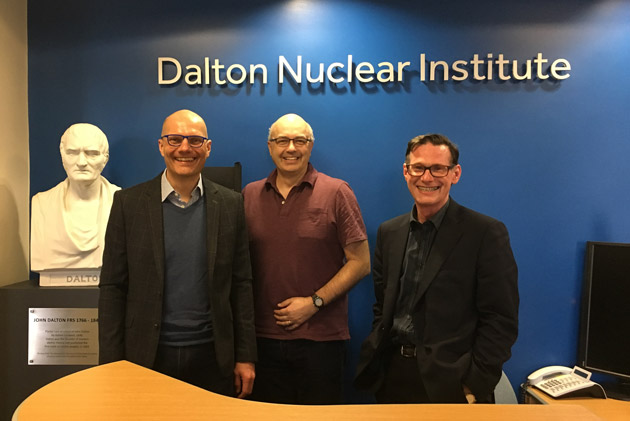
Dalton Nuclear Institute founded
The foundation of the Dalton Nuclear Institute in 2005 coincided with the revitalisation of UK nuclear research. It created a focal point for The University of Manchester’s innovation in fission research and education, and for sustainable partnerships between academia, industry and government.
Watch Professor Juan Matthews’ seminar on the History of Civil Nuclear energy
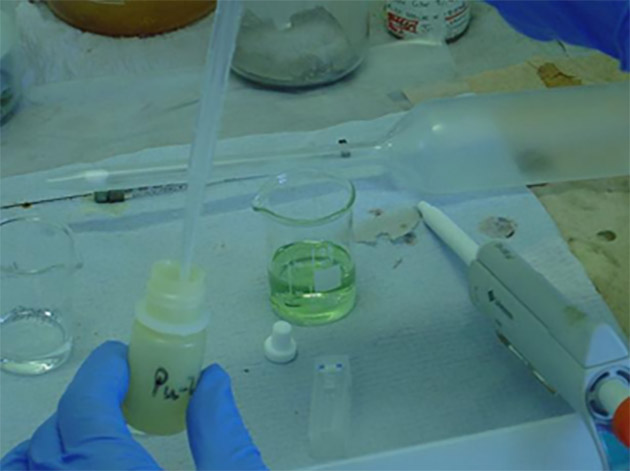
Plutonium research at Manchester
In 2007, our research community conducted its first plutonium experiments at The University of Manchester, to help characterise its behaviour in legacy wastes at Sellafield.
You can read more about the Pu hub:
The University of Manchester leads £5m hub to support national nuclear waste strategy
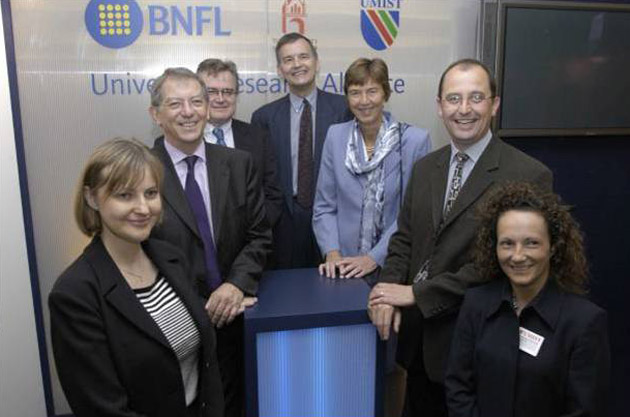
Investing in nuclear leadership: the BNFL endowment
In 2008, the Dalton Nuclear Institute received a landmark £5 million endowment from BNFL to support future innovation in nuclear technology. This funding laid the groundwork for a new generation of academic leadership at The University of Manchester.
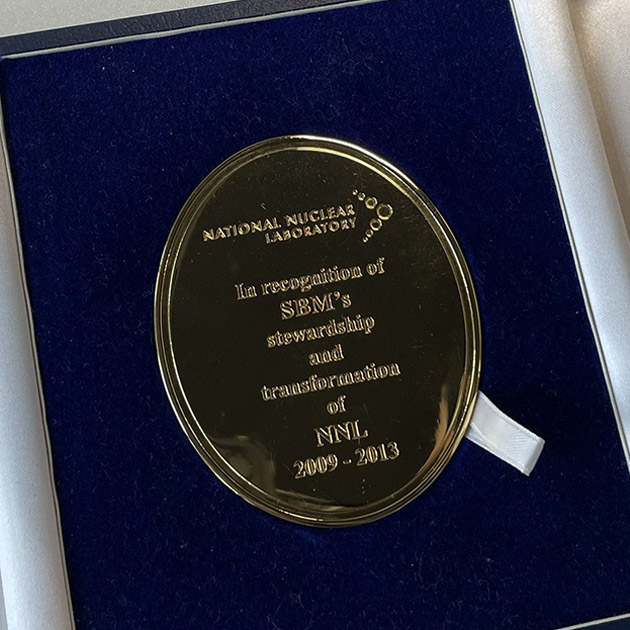
Playing a key role in establishing the UK National Nuclear Laboratory
By 2009, the Dalton Nuclear Institute had become a recognised centre of excellence and was invited to be part of the Serco-Batelle-Manchester consortium through which we played a key role in establishing the UK National Nuclear Laboratory.
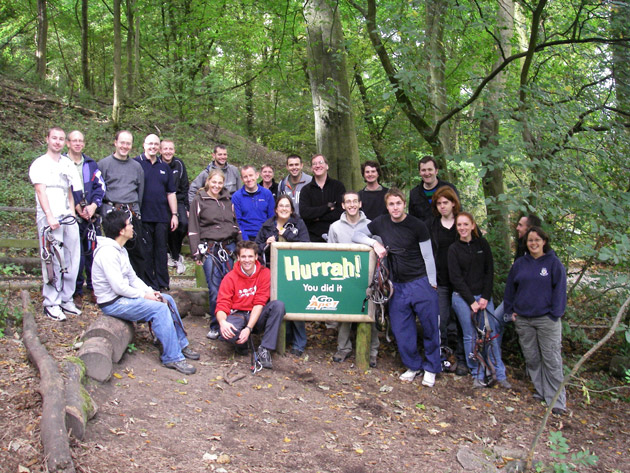
Shaping the future: building the UK’s nuclear skills pipeline
In 2009, under the leadership of Professor Scott Heath, we collaborated with the University of Sheffield to establish the Nuclear FiRST Centre for Doctoral Training (CDT). Since then, EPSRC has supported three further fission-focused CDTs: Next Generation Nuclear, GREEN, and SATURN – launched in 2024 with 40 new postgraduate researchers.
You can learn more about the CDTs:
Centres for Doctoral Training
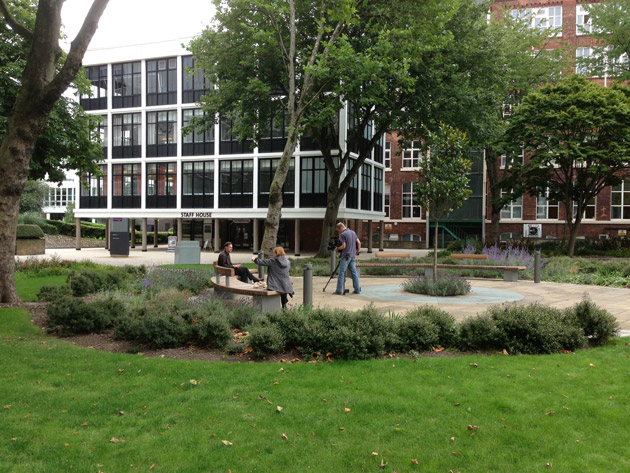
A trusted voice in crisis: communicating Fukushima
In the aftermath of the incident at Fukushima in 2011, our then Director, Andrew Sherry, was selected as a trusted, independent voice to comment in the media on the event and how it had been portrayed.
Watch Professor Andrew Sherry in ‘Nuclear Risk Communication Four years After Fukushima‘.
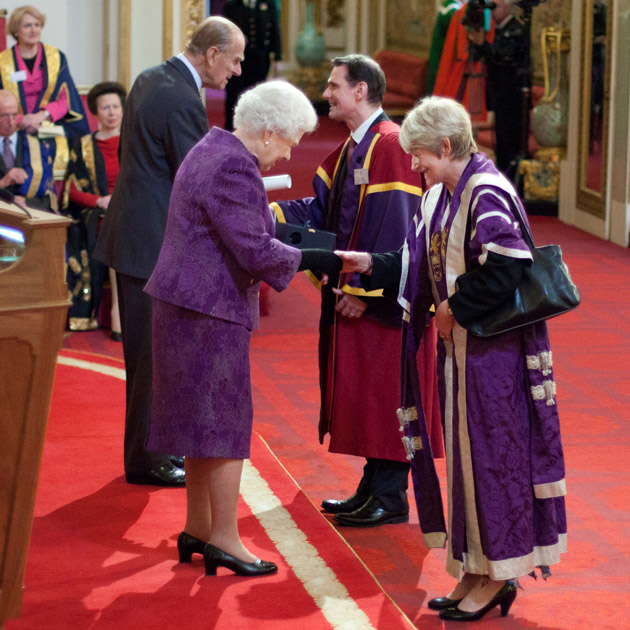
National recognition: Queen’s Anniversary Prize
In 2011, we won the Queen’s Anniversary Prize for Higher and Further Education: the most prestigious form of national recognition for academic or vocational institutions in the UK.
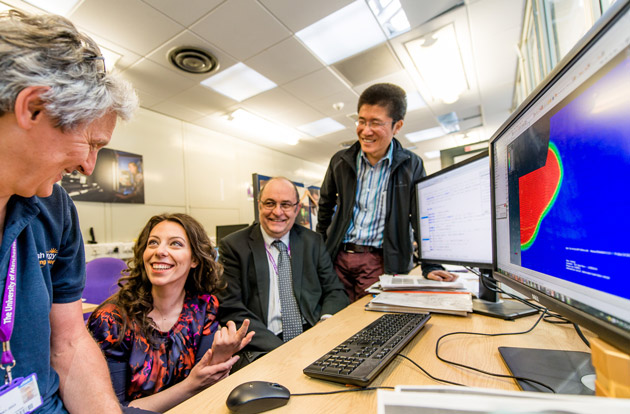
Engineering the future: the Modelling and Simulation Centre
The Modelling and Simulation Centre (MaSC) was established in 2011 in partnership with EDF, enabling complex numerical and physical modelling.
Learn more about the Modelling and Simulation Centre.
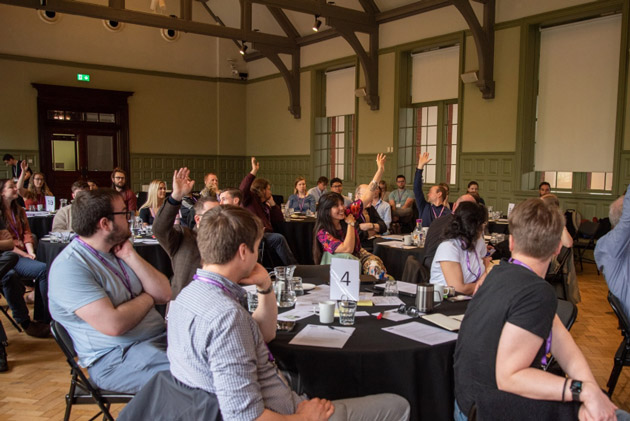
Mapping the UK’s largest nuclear academic community
In 2011, the Institute took the University’s first census of activity in civil nuclear research and skills to discover it was (and still is) the largest nuclear academic community in the UK.
The review is available at the link below:
A Review of the Civil Nuclear
R&D Landscape in the UK
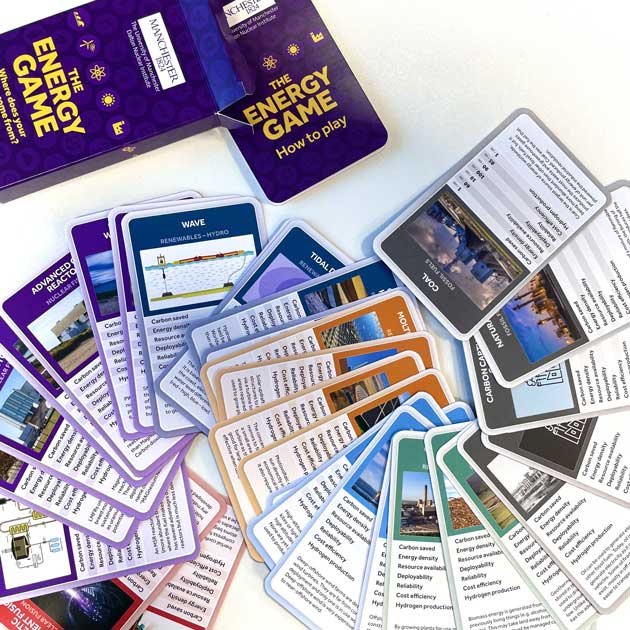
Engaging minds through interactive learning
A 2012 EPSRC grant enabled the Dalton Nuclear Institute to create impactful outreach tools that continue to educate and inspire. Among these were the development of our Energy Cards and the Nuclear Reactor Simulator – two resources that are still used by teachers across the world.
Check out our learning tools:
Schools, colleges and the public
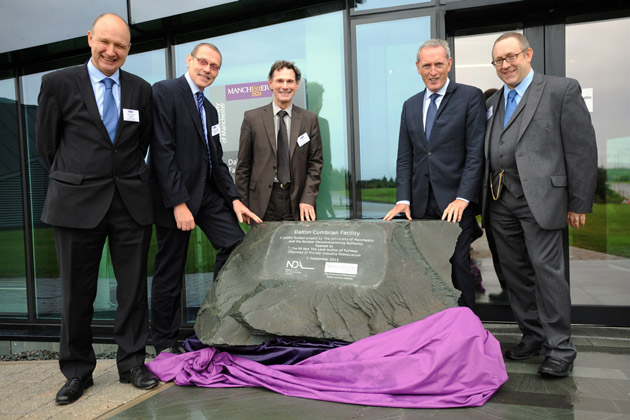
Establishing a cutting-edge hub for radiation science
Our Dalton Cumbrian Facility (DCF) officially opened in 2013, under inaugural Director Professor Simon Pimblott, providing a home for radiation science and nuclear engineering decommissioning research.
You can learn more about DCF at the link below:
The Dalton Cumbrian Facility
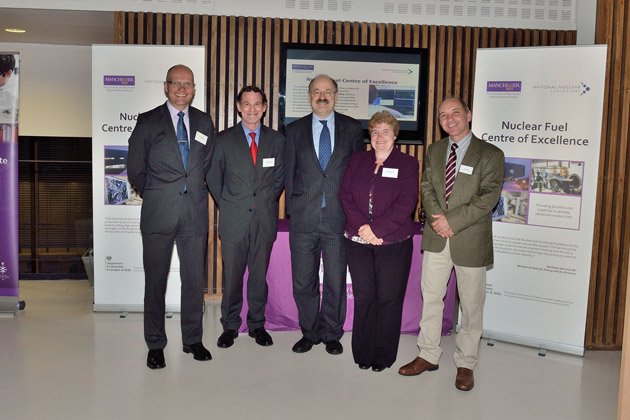
Powering innovation: the Nuclear Fuel Centre of Excellence
The Nuclear Fuels Centre of Excellence (NCFE), a collaboration between The University of Manchester and the National Nuclear Laboratory, opened in 2014.
You can learn more about the NFCE at the link below:
Fuel and fuel cladding
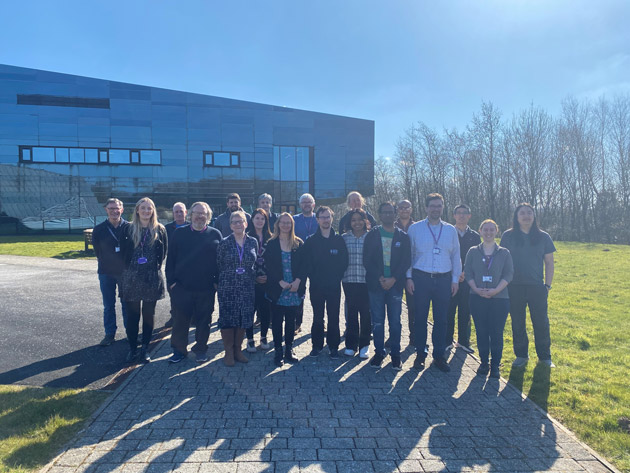
Expanding horizons: leadership at the Dalton Cumbrian Facility
In 2018, Professor Fred Currell joined the Institute, taking up the post of Director of our Dalton Cumbrian Facility, where he continues to lead the expert team.
You can learn more about DCF at the link below:
The Dalton Cumbrian Facility
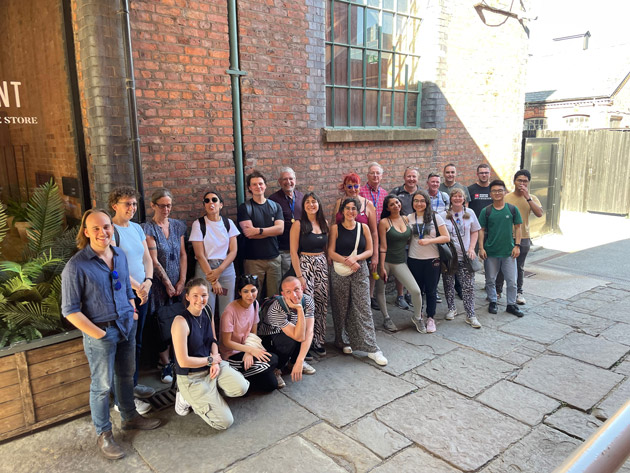
Connecting a community: the Dalton Champions scheme
In 2018, we established our Dalton Champions scheme which supports members of Manchester’s nuclear research community that go above and beyond to enhance our multidisciplinary network.
Watch our Expert Insights Series:
Expert Insights Series – 2025
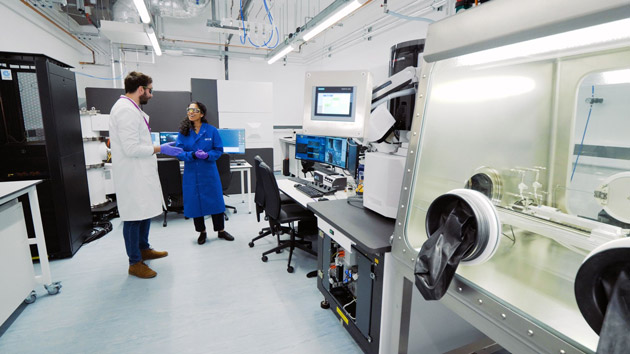
Expanding UK capability: National Nuclear User Facility
In 2020, we won five grants under the Government’s National Nuclear User Facility (NNUF) programme, providing access to state-of-the-art experimental facilities for research and development in nuclear science and technology.
You can learn more about the NNUF at the link below:
National Nuclear User Facility

Supporting safe disposal: launch of the Research Support Office
In 2020, we opened the Nuclear Waste Services Research Support Office (NWS RSO), aiming to harness UK university capabilities to help support radioactive waste management solutions.
You can keep up to date with the NWS RSO newsletter:
Nuclear Waste Services Research Support Office
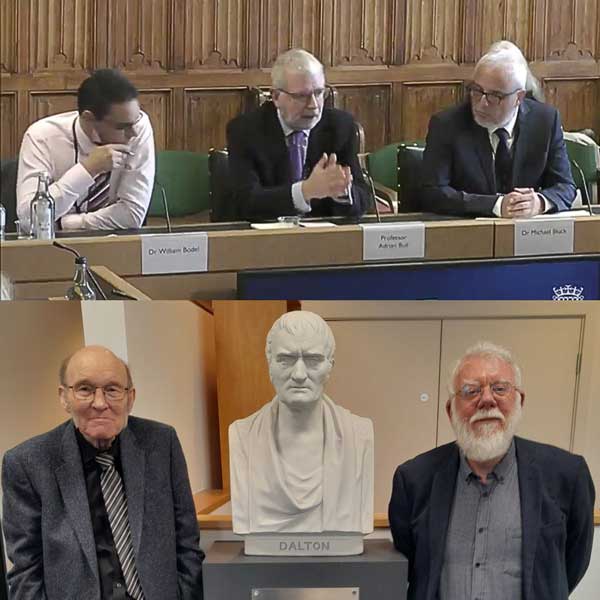
Policy with purpose: launching the Dalton Nuclear Policy Group
Our Dalton Nuclear Policy Group offer advice and recommendations founded on impartial and evidence-based analysis, and have published five policy papers since the Group was established in 2021.
You can read our Policy Papers at the link below:
Policy engagement
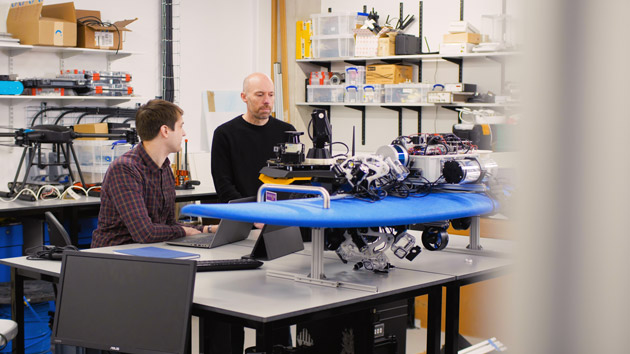
Leading the way in nuclear robotics
Launched in 2022, Robotics and AI Collaboration (RAICo) is a landmark collaboration led by The University of Manchester to develop advanced robotics for nuclear decommissioning and extreme environments, building on over a decade of expertise and already delivering real-world impact.
You can learn more about RAICo at the link below:
RAICo: Robotics and AI Collaboration
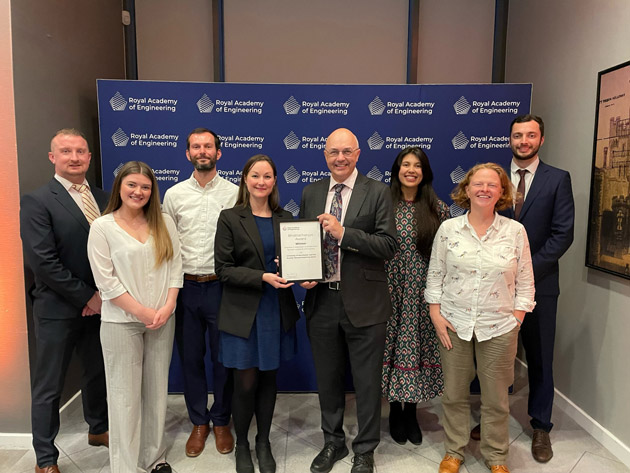
Award-winning impact: Bhattacharyya Award
In 2023, our Institute won the Royal Academy of Engineering’s prestigious Bhattacharyya Award, recognising our exemplary innovation and impact within the nuclear decommissioning sector.
You can find out more about our collaboration with industry st the link below:
Collaborating with industry
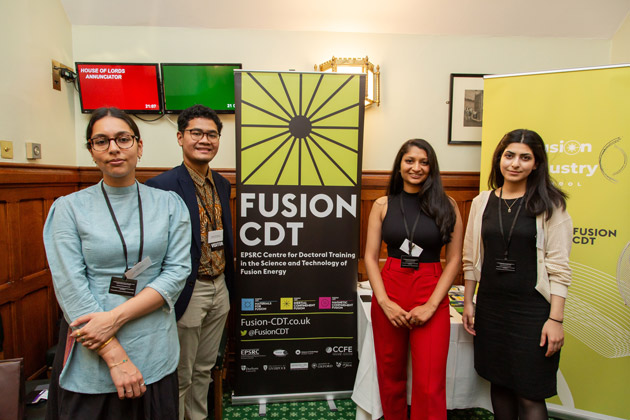
Powering the future: Fusion Engineering CDT launch
In 2025, we’re launching a new Manchester-led Fusion Engineering CDT, building on a long history of fusion research and training, including our role in the Fusion Power CDT.
You can find out more about the new Fusion Engineering CDT at the link below:
Fusion Engineering Centre for Doctoral Training (CDT)
Contact dalton@manchester.ac.uk to learn more about our work and the 20th birthday celebrations.


